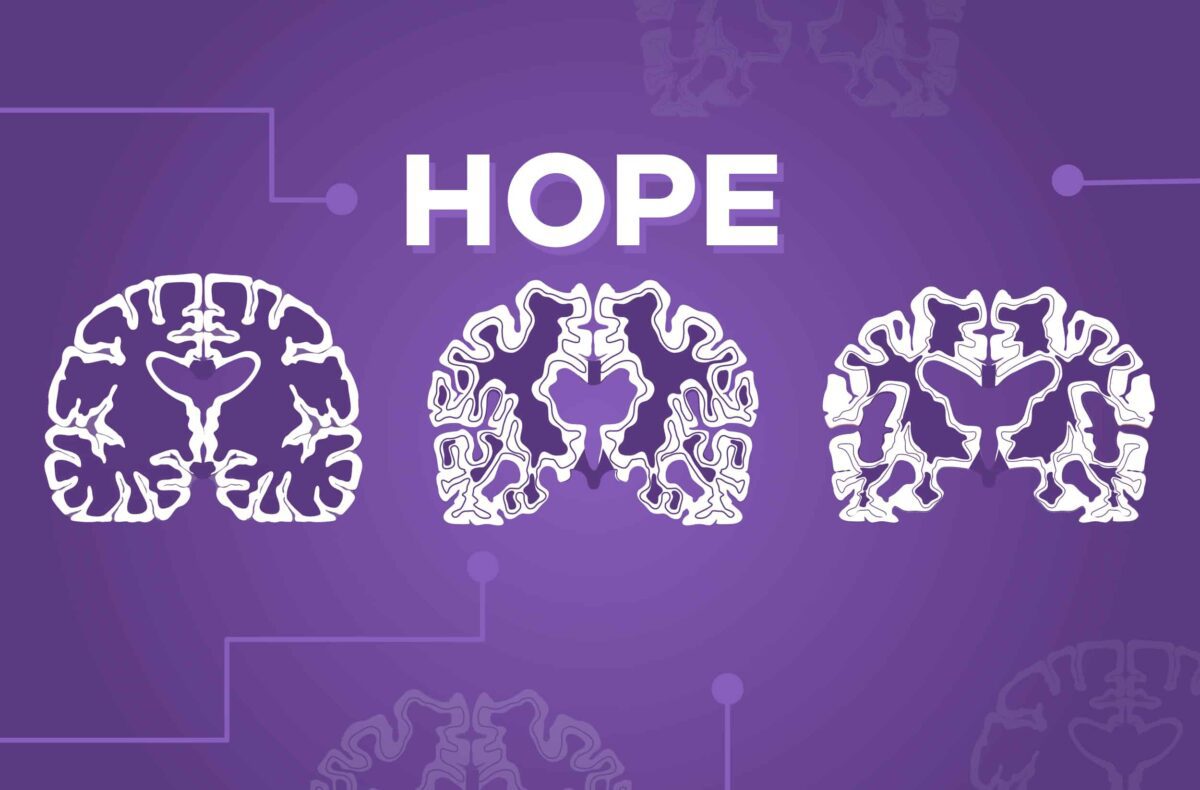
For many, the days after Thanksgiving are marked by Black Friday and Cyber Monday specials. Stores put up their Christmas decorations, and people plan their family get-togethers for the holidays.
But for people with Alzheimer’s disease and their families—plus doctors, researchers, pharmaceutical companies, and stockbrokers—their attention was focused on the annual Clinical Trials on Alzheimer’s Disease (CTAD) conference held November 29-December 2 in San Francisco, which traditionally features data on new drugs in development to treat Alzheimer’s disease.
During the conference, Eisai and Biogen released their data from their phase 3 clinical trial of lecanemab, a drug designed to remove amyloid from the brain. The drug makers said that the drug reduced the rate of cognitive decline by 27% in a study of nearly 1,800 people in the early stages of Alzheimer’s disease. The presentation at CTAD accompanied the publication of their study in the New England Journal of Medicine.
Upon hearing the results, the Alzheimer’s Association called for the Food and Drug Administration’s (FDA) accelerated approval of lecanemab. In their statement, the Association said: “these peer-reviewed, published results show lecanemab will provide patients more time to participate in daily life and live independently. It could mean many months more of recognizing their spouse, children, and grandchildren. Treatments that deliver tangible benefits to those living with mild cognitive impairment (MCI) due to Alzheimer’s and early Alzheimer’s dementia are as valuable as treatments that extend the lives of those with other terminal diseases.”
So, is this good news for people with Alzheimer’s? The answer is not so clear. The authors of the NEJM wrote: “in persons with early Alzheimer’s disease, lecanemab reduced brain amyloid levels and was associated with moderately less decline on clinical measures of cognition and function than placebo at 18 months but was associated with adverse events.” But they also noted that longer trials were needed to determine the efficacy and safety of lecanemab in early Alzheimer’s disease.
The adverse events were serious. One in five people who got lecanemab in the study experienced an adverse event, such as swelling or bleeding in the brain. And lecanemab has since been linked to two deaths after the 18-month randomized portion of the trial.
Is it worth taking a drug that offers only moderate help, is projected to be expensive and has serious side effects? Since there is no cure for Alzheimer’s disease and very little treatment to slow its progression, advocates say the risk is worth it, pointing to the fact that six million people in the United States and 30 million globally have Alzheimer’s disease. That number is expected to double by 2050.
However, the 2021 approval of another amyloid drug, Aduhelm, which was also developed by Eisai and Biogen, is a cautionary tale. Aduhelm was approved even though an FDA Advisory Committee voted against its approval. It did not show clinically significant slowing of cognitive decline, such as memory loss. And Medicare said it would only cover the drug for patients participating in a clinical trial, making the out-of-pocket costs an estimated $56,000, which few families can afford. The price was later slashed in half, but that really didn’t spur sales.
Lecanemab did show positive effects, but they were limited. Madhav Thambisetty, a neurologist at the National Institute on Aging who was not involved with the trial—and said he was not speaking for the NIA—was quoted in The New York Times as saying, “From the perspective of a physician caring for Alzheimer’s patients, the difference between lecanemab and placebo is well below what is considered to be a clinically meaningful treatment effect.”
Alzheimer’s patients and their families are understandably frustrated. They still have no cure and face disappointment after disappointment with drugs in development. At CTAD, Roche announced that its experimental Alzheimer’s drug gantenerumab failed at slowing cognitive decline and removing amyloid plaques in the brain. The Alzheimer’s Association noted that “although the drug did not meet its primary endpoint, the trials further illustrate the relationship between the removal of beta-amyloid and reduction of clinical decline.”
People need to keep in mind that treatments for Alzheimer’s disease are relatively new. For years, dementia was considered a normal part of aging. The first drug to treat Alzheimer’s disease was not approved until 1993. Before Aduhelm, the last treatment to be approved was in 2003. By contrast, the first multicenter hypertension treatment trial was published in the Journal of the American Medical Association in 1967; the first cancer treatments date back to the 1940s.
Will lecanemab be granted the approval advocacy groups, as well as patients and families, want? We will know soon. The FDA is expected to decide whether to grant accelerated approval to lecanemab by January 6, 2023.

